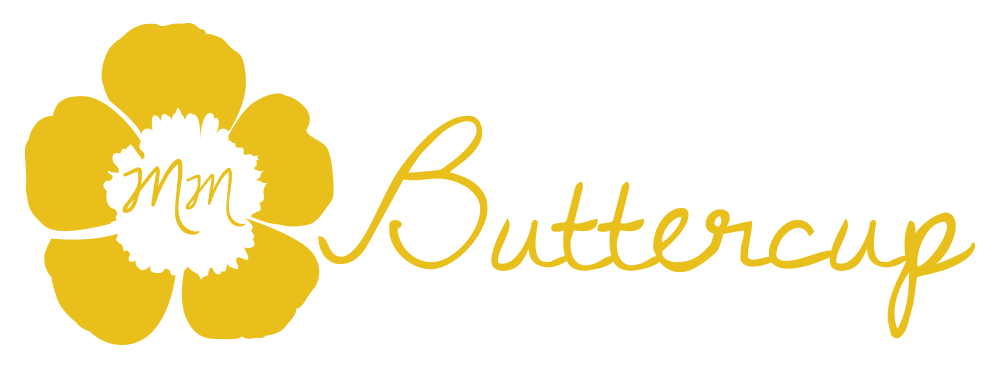She has been studying play. Her thesis was about teachers’ views on play in the curriculum. Now she shifts her attention to well being in the early childhood educator workforce. Teachers need play too. Go have fun and read this blog by the magnificent Kelcie Burke who is our guest blogger this month.
Finding YOUR Play
Recently, I went on a trip with my extended family, and it reminded me about the importance of play across all ages. Now I don’t mean the playing you may be picturing with toys or that children are seen engaging in. I am talking about finding your play as an adult.
This recent trip included family members aged 82 to 5 months old. During and upon reflection of the trip I saw every person engaging in ‘play’. Some more literally than others. This trip provided my family with the opportunity to connect with one another in an environment that encouraged what I would call adult play. There were no jobs to worry about, just freedom to explore the environment we were in, observe our surroundings, try new things, and most importantly be present with one another.
This is at the same amusement park my mom played at as a kid
Those traits are not only hallmarks of play in early childhood where children are using playful activities to learn about themselves, their peers, and the environment, but also can be considered play in adulthood. Play as an adult is about finding joy in life through participating in activities that bring you happiness. This is a secret ingredient in life. Playing with friends and family provides a sense of fulfillment in the adult years, helps reduce and relieve stress, and creates more meaningful relationships.
There is an uncontested need for play in early childhood education for development, but what is less advocated for is the need for play in adulthood. Play in adulthood looks undeniable different from play in childhood, but it is no less important. Some people may find ‘play’ in hiking while others may ‘play’ by crafting.
In his book “Play: How it Shapes the Brain, Opens the Imagination, and Invigorates the Soul” author Stuart Brown with co-author Christopher Vaughan provides a vignette of a woman that was feeling deeply dissatisfied with her very lucrative job and life in general until she thought about what things she did in childhood that made her feel happy. She realized upon reflecting on her ‘play history’ that riding horses brought her undeniable joy. Once she reincorporated horseback riding into her routine her fulfillment was restored. This is the power of play. We may call it ‘stress relief’, ‘me time’, ‘seeing friends’, ‘vacation’, or any other name but at its heart it is play.
I encourage each of you to find the play in your life and engage in it often!
Reference: Brown, Stuart L, and Christopher C Vaughan. Play: How It Shapes the Brain, Opens the Imagination, and Invigorates the Soul. New York, Avery, 2009.
Playtime is good for children and adults.
“Finding YOUR Play” was written by guest blogger, Kelcie Burke.
Bio: My name is Kelcie Burke I am a first year PhD student at the University of Nebraska at Lincoln working on a doctorate in Human Sciences specializing in Child Development/Early Childhood Education. I have had a passion for working with families and children since my undergraduate years. I am a play researcher and advocate with interests in the use of play for learning and development as well as teacher practices.
Kelcie Burke in her university lab school.



